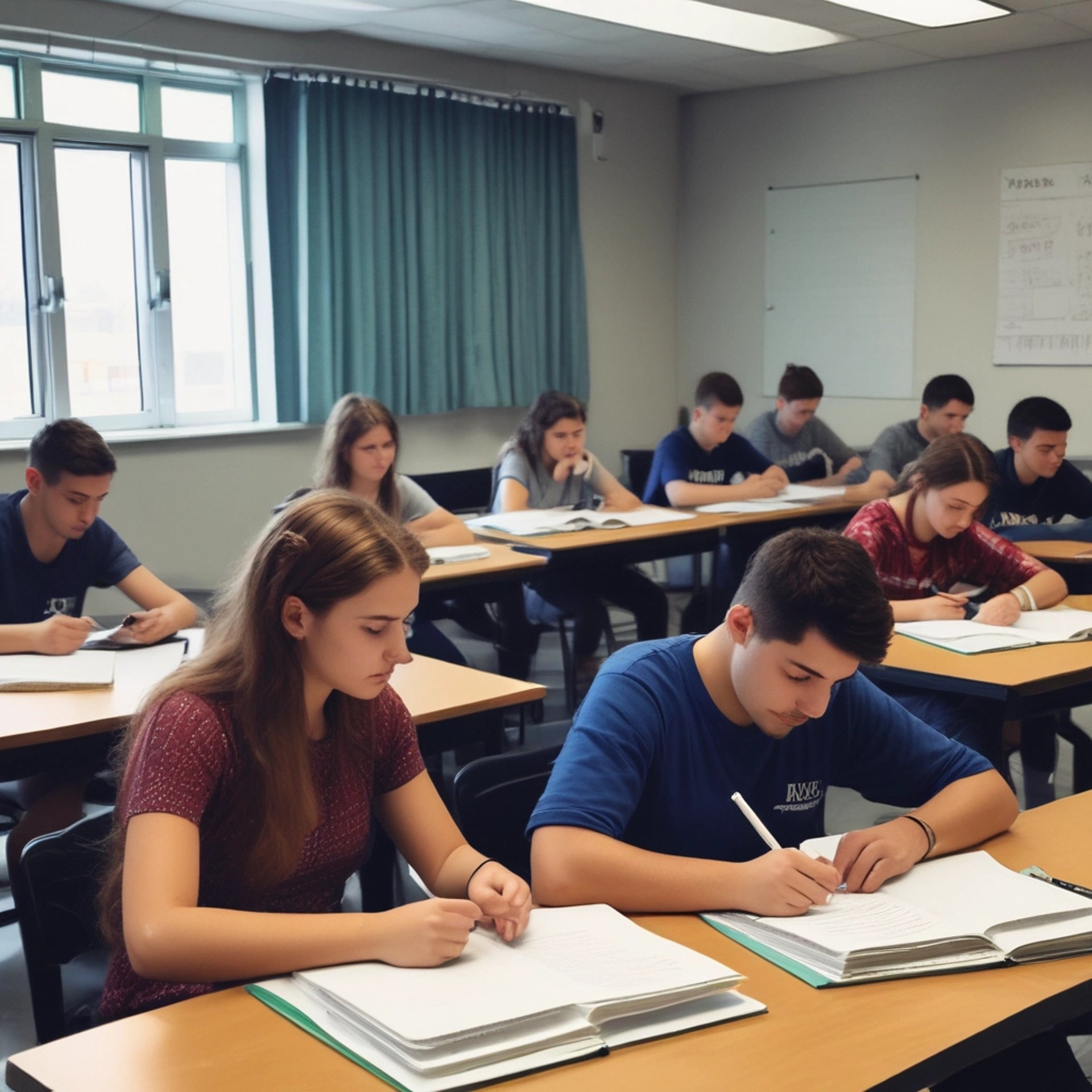Psycho-Educational Assessments
Psycho-educational assessments are unique to each individual and are conducted to address the initial referral concerns. They look for strengths as well as learning challenges. The assessment usually consists of:
A thorough background interview including health history.
Review of student records or academic history.
Review of any previous evaluations.
The direct assessment component may involve:
A cognitive evaluation (IQ measure) that looks at learning potential and processing skills.
Additional processing measures that evaluate auditory and visual perception, executive functioning, visual-motor integration.
Academic assessment in the areas of reading, math, writing and spelling.
School observations and interviews with the teacher may also take place if the client is still attending school. The teacher may also be asked to complete various rating scales that tell us more about the student's school functioning.
Once the assessment has been completed, a meeting will be held within one or two weeks with the family or the adult client to review findings and recommendations. A complete psycho-educational report containing assessment results and recommendations will be presented prior to the meeting. This meeting will take about an hour and can be held in person or by video conference.
All psycho-educational assessments at Assessments for Learning are billed at a flat rate and not by the hour. The rate includes the full assessment, the psycho-educational report, the meeting with the parent or adult client. Two additional consultation meetings for the six-month period following the final meeting are also included.
Evaluations may be conducted to address various concerns or needs including...
Learning Disabilities
Dyslexia
Intellectual Disability
Autism
ADHD and Executive Functioning
Social-Emotional Functioning
504 Plan or IEP goals and accommodations
Single Cognitive or IQ Assessment
Giftedness
Career Assessments



We provide individual counseling and coaching to enhance life and school engagement including:
Social Skills: Children may benefit from developing skills in making and keeping friendships; understanding the perspectives of others; and how to regulate their emotions when things don't go their way. Empathy, active listening, effective communication, and conflict resolution are skills that children can develop to enhance their school and life experience.
Executive Functioning: We teach skills in how to study and use time effectively; how to stay organized and on track with assignments and goals. We work one-to-one to create personalized, practical strategies like using planners or breaking down tasks that fit the individual's unique challenges and support independence. This coaching is effective for people with ADHD, but is also beneficial for anyone seeking to improve their self-management skills.
Anxiety Management: We teach coping strategies to deal with situations that cause anxiety. Tools may include deep breathing, visualization, validation of feelings, positive reinforcement, or visual schedules for predictability.
Parents may choose to meet for collaborative conversations with the psychologist on a number of topics. These may be opportunities to explore what is happening within the family or about your child's academic journey. We can also use these meetings to:
Understand Child Behavior: Gain insights into the meaning behind a child's actions and developmental phases.
Create personalized parenting techniques and responses to address specific challenges.
Skill-Building: Learn and practice new parenting skills to manage difficult moments.
Talk through appropriate accommodations to address a child's diagnosis at school and in the classroom. These types of accommodations may be part of a 504 Plan or IEP. Or they may be strategies to implement in the classroom before more restrictive programs are pursued.
Understand a 504 Plan, an IEP and the spectrum of services within special education. What is the difference? How can these programs help your child?
Beyond Assessment....
Connect
We provide free 20-minute consultations so you can discuss your concerns and find out how we may be able to help.
Contact
rachelsfall@assessmentsforlearning.com
(626) 429-7591
© 2025. All rights reserved.
